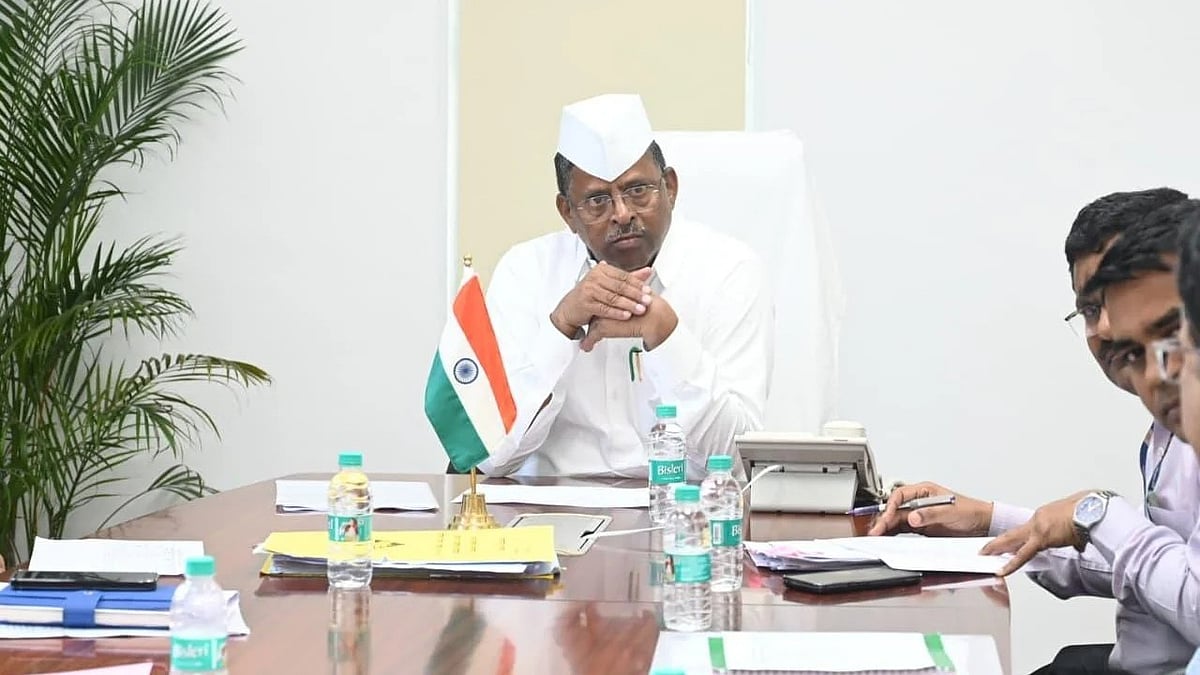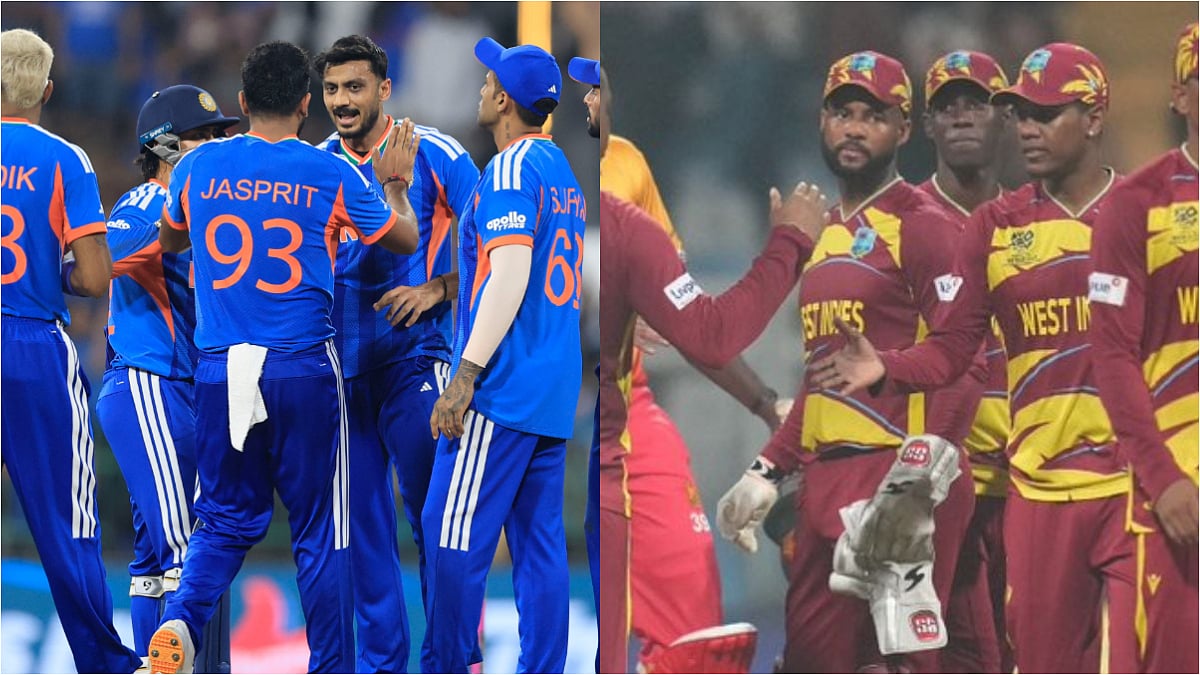In the climactic moments of Jawan, Shah Rukh Khan's character Azad breaks the fourth wall, forging a direct connection with the audience and delivering a poignant message about our democratic responsibility. In a compelling monologue, he implores viewers to reflect deeply on their choices when electing their political leaders. He urges them to ask critical questions about what the politician will do to improve the well-being of their families, communities, and the country as a whole. He says, “Puchho usse ki mere liye agle panch saal mein kya karoge? Agar parivaar mein koi bimar ho jaaye to uske ilaaj ke liye kya karoge? Mujhe naukri dilaane ke liye kya karoge? Desh ko aage badhaane ke liye kya karoge?” With his index finger, symbolising the vote, he vividly shows that the ultimate power to bring about a change resides within their grasp.
While some might argue that such a message isn't groundbreaking or entirely new, it's worth noting that none of the mainstream Hindi film actors in recent times have boldly conveyed such a message. Not just this, Jawan, despite being a full-fledged commercial entertainer, doesn't hold back when it comes to political commentary. The film fearlessly addresses pressing issues such as farmer suicides, crony capitalism, the crumbling healthcare system, corruption within military procurement, the complexities surrounding nationalism, and more.
While Jawan delivers its message in a direct and unabashed manner, Shah Rukh’s Pathaan, released in January this year, embedded subversive political commentary within its seemingly mindless action sequences. Playing a religion-agnostic spy in the film, SRK avoided the clichéd 'India versus Pakistan' trope and refrained from portraying all Pakistanis in a negative light. The film should also be credited for showcasing a distinctive brand of patriotism, characterised by empathy and all-encompassing nationalism, as opposed to the more overt and aggressive chest-thumping jingoism.
Later at an event, SRK likened himself and his Pathaan co-actors Deepika Padukone and John Abraham to Amar, Akbar and Anthony, the characters from Manmohan Desai’s 1977 hit. He stated that as performers, their goal is to spread love and brotherhood. “This is Deepika, she is Amar, I’m Shah Rukh Khan, I’m Akbar, and John, he is Anthony… We are Amar, Akbar, Anthony. And this is what makes cinema...,” he said, promoting the idea of an inclusive India.
Ever since the release of Pathaan and now with Jawan, social media has been buzzing with claims that the superstar has, at last, made a political statement. These assertions are likely fueled by personal events, such as his son's arrest in a drugs case and him being referred to as a terrorist after his comment on growing intolerance in the country. However, a deeper exploration of his filmography reveals that many of his previous films have consistently incorporated strong political subtexts.
My Name is Khan (2010)
In My Name Is Khan, a film that tackled racism and Islamophobia in the post-9/11 world, SRK's character, Rizwan Khan, recalled his mother's words, “Is duniya mein sirf do kism ke insaan hai ... achche insaan joh achcha kaam karte hai aur bure joh bura.” In a world plagued by anger and hatred, this simple and wise line implored us to embrace love and empathy, transcending barriers of race and religion, and urged us to see one another through a broader lens.

A still from 'My Name Is Khan' |
Swades (2004)
In Swades, Shah Rukh's character, Mohan Bhargav, a NASA-returned engineer, embarks on a journey that confronts several pressing social issues, including casteism, child marriage, poverty, and the lack of access to education, among others. However, one particularly remarkable scene in the movie stands out. Mohan encounters a destitute boy selling a cup of water for just 25 paise at a railway station. This poignant moment becomes a turning point for Mohan, prompting a profound self-realisation that the country needs him. What makes this scene truly exceptional is its reliance on pure emotions and expressions, delivering a powerful impact that sends literal chills down the audience's spine.

A still from 'Swades' |
Phir Bhi Dil Hai Hindustani (2000)
Phir Bhi Dil Hai Hindustani appeares as a comic caper starring SRK and Juhi Chawla, however, it unfolds a surprising plot involving a framed terrorist, state propaganda, and citizens’ uprising. The film also addressed the commercialisation of TV news for the sake of TRPs and its unholy nexus with the establishment. Remarkably, its themes are even more relevant in today's world.

A still from 'Phir Bhi Dil Hai Hindustani' |
Chak De! India (2007)
In Chak De! India, which showcases one of SRK's finest performances, a single line in the song Maula Mere Le Le Meri Jaan encapsulated the daily experiences of many Muslims in India. The line, Teeja tera rang tha main toh, jiya tere dhang se main toh, essentially conveys the idea of Muslims conforming to the norms and expectations set by the majority in the country.

A still from 'Chak De! India' |
Dil Se.. (1998)
Dil Se.., despite its initial appearance as another romantic movie featuring SRK, delves into much deeper themes. The film's narrative unfolds against the politically charged backdrop of 1990s India, a tumultuous period for the nation as it grappled with diverse regions navigating the complexities of nationalism, some of which were perceived as aggressive and less accommodating. For those unfamiliar with the film, Manisha Koirala portrayed a member of a terrorist sleeper cell, adding a layer of complexity and intrigue to the storyline.

A still from 'Dil Se..' |
And if reports are to be believed, SRK's next Dunki, directed by Rajkumar Hirani, is said to explore the intricacies of border immigration issues, promising a captivating blend of humour, emotions, and politics.




